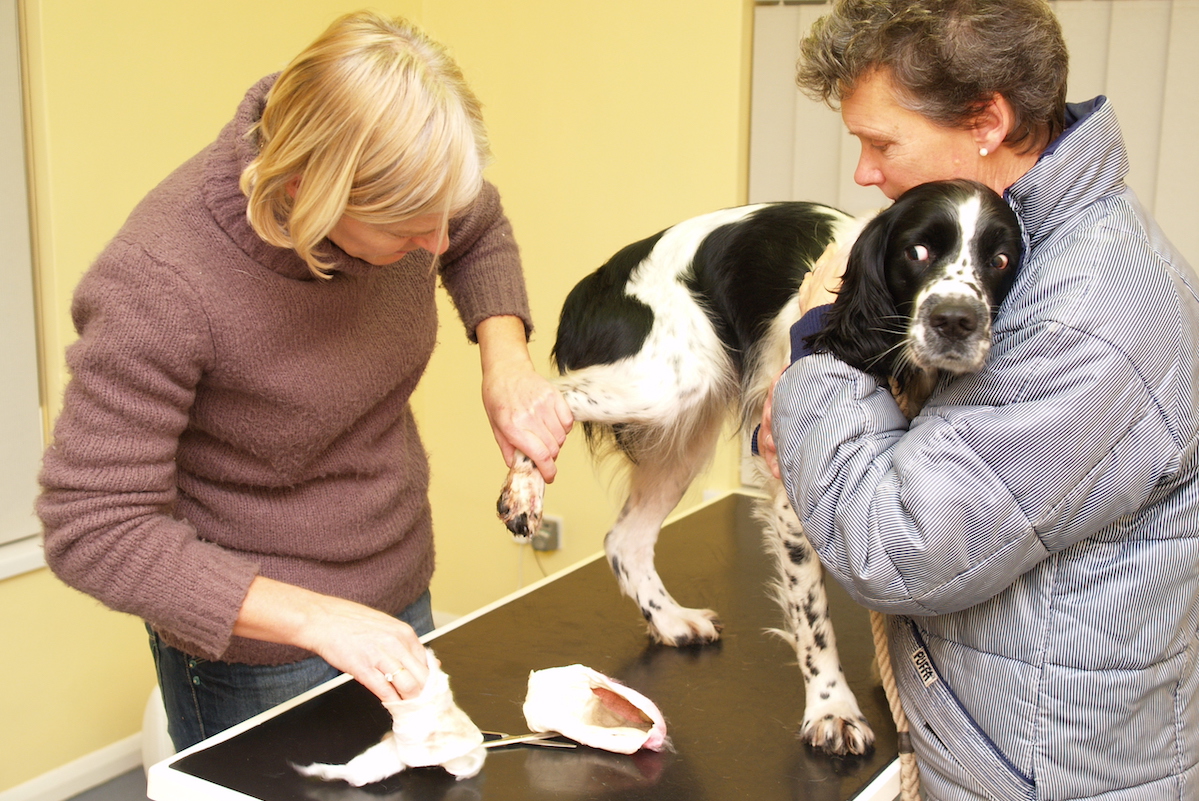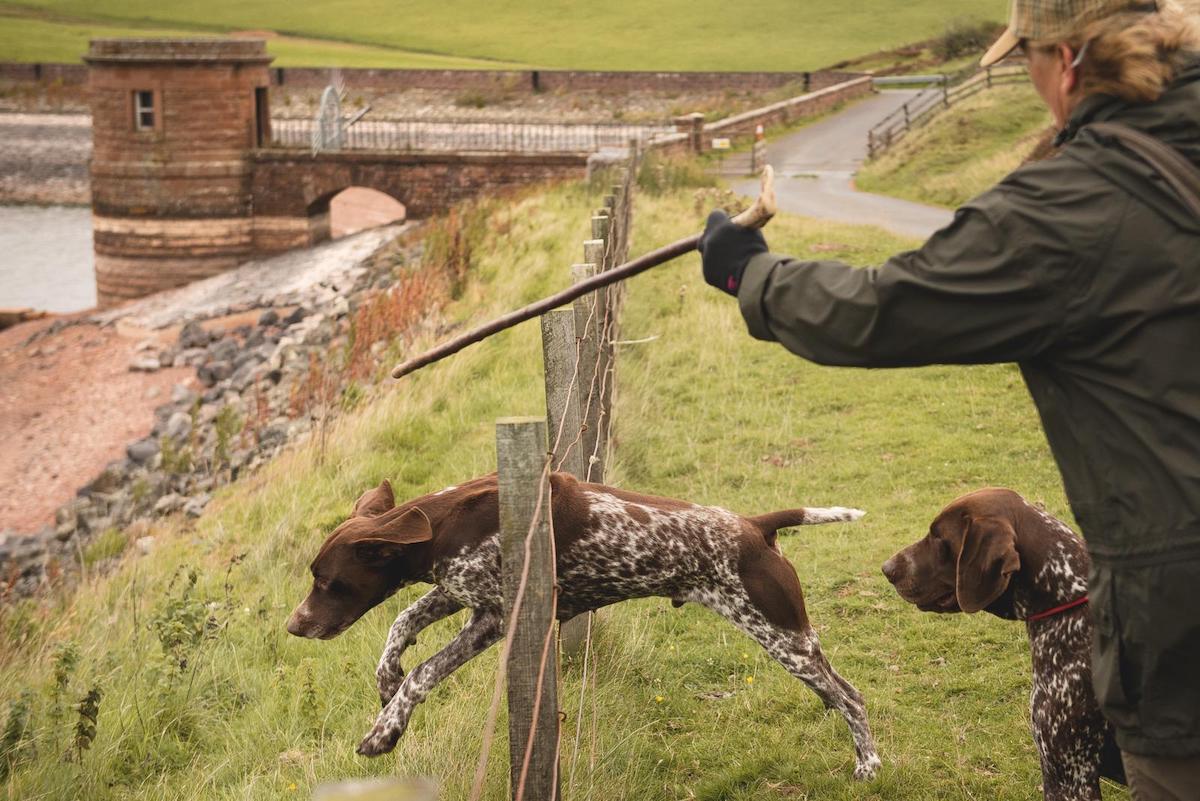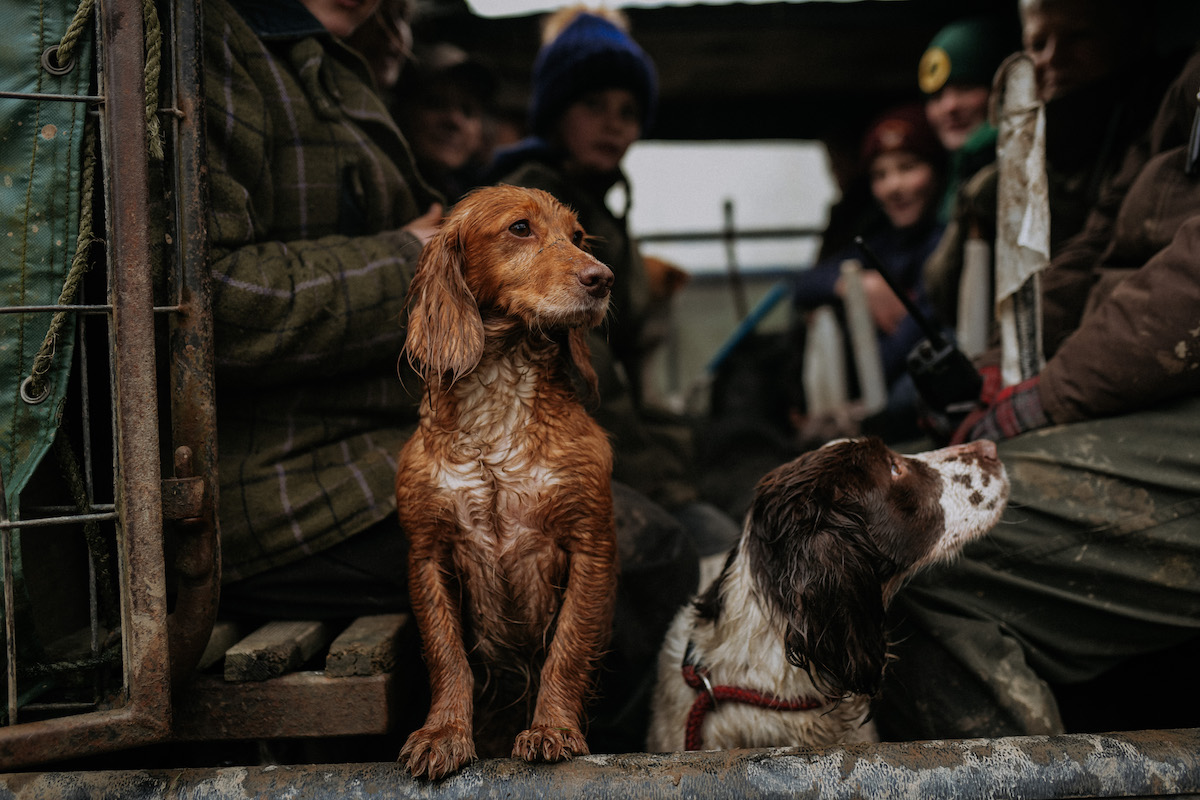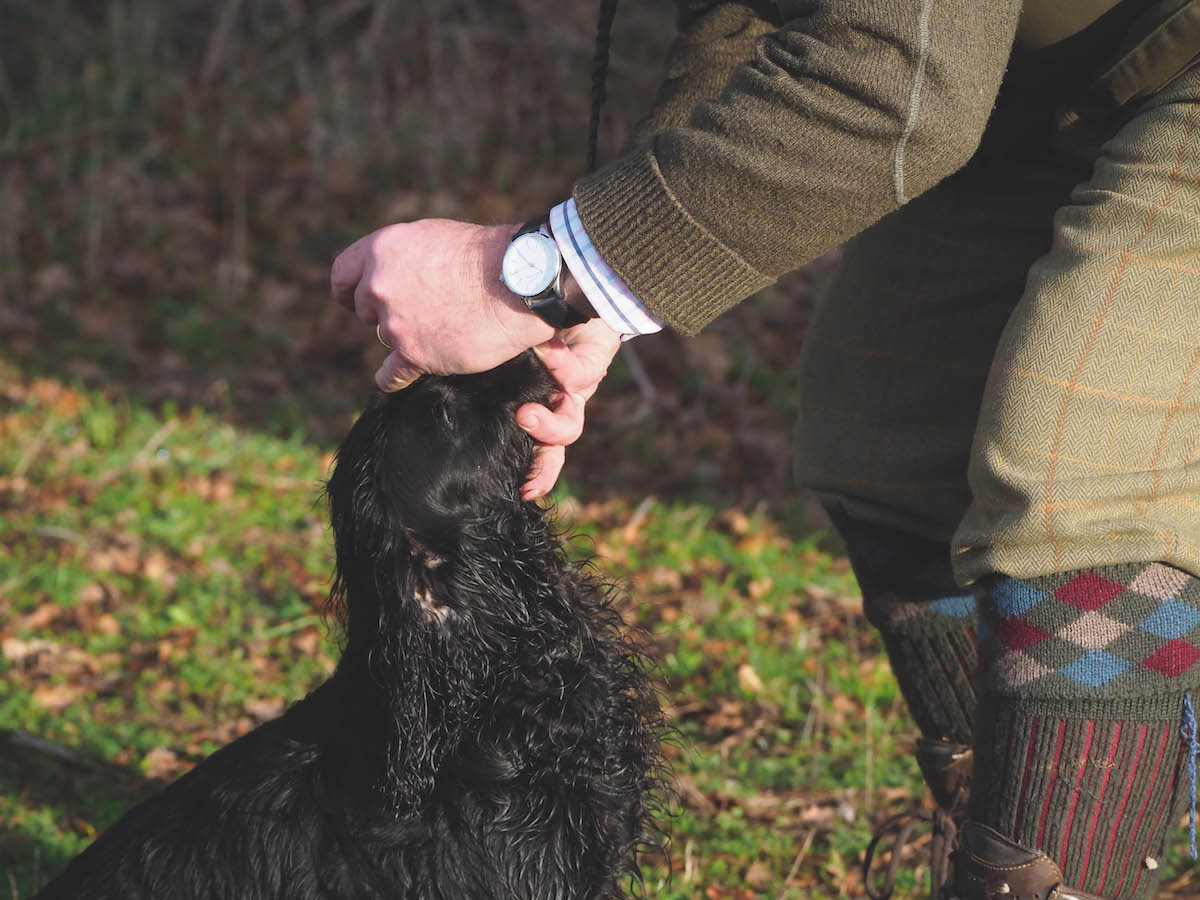Dog first aid you need to know
Do you have the necessary knowledge to save your dog's life out in the field? Should you call the vet? Patch up the dog yourself? Tony Buckwell answers a reader's query.

Shooting dogs are prone to getting injured
Q: Could you provide me some basic dog first aid advice? What to do in an emergency should one of my dogs be injured, stop breathing or otherwise get into difficulties, please? Should I simply call a vet in an emergency? I know the principles of human first aid, so is there some basic canine first aid that should be applied? (Read how to make a dog vomit in an emergency.)
Dog first aid
Knowing what to do in an emergency, and thereby taking the best care of your dog, is more than just learning about dog first aid. My basic advice for dealing with any emergency involving animals is to ensure the safety of yourself and others. Keep calm and assess the situation before acting. (Read how to treat a cut pad on a dog.)
Injured animals are frightened, in pain and may try to bite. If there is a risk, and unless the dog has difficulty breathing, put a muzzle on the dog, or wrap tape or a lead around the nose — being sure not to restrict airflow —and tie behind the ears. Alternatively, you could put a thick towel over the dog’s head.
Apply first aid if you are able, having properly assessed the situation and provided you know the appropriate action to take. Always contact a vet, too. Keep your vet’s practice name and phone number to hand. Always phone first, whatever the situation.
There may not always be a vet instantly available but there are normally trained staff on hand who can advise on what immediate action to take. Have a pen handy in case another number is given and to take note of any instructions. Treatment can usually be provided more quickly if the dog is taken to the surgery, rather than if the vet is called out. Drive carefully when taking the patient to the surgery.
Never give human medicines to a dog, unless instructed by a vet. (Why you should never give dogs ibuprofen.) Some commonly used human medicines can do more harm than good in animals. Similarly, do not offer food or drink in case an anaesthetic is needed. Knowing what to do in an emergency can save your pet’s life but, just like in human medicine, applying some knowledge of first aid does not necessarily preclude the need to contact the emergency services.
You might also like to read how to keep your dog safe on a shoot.








